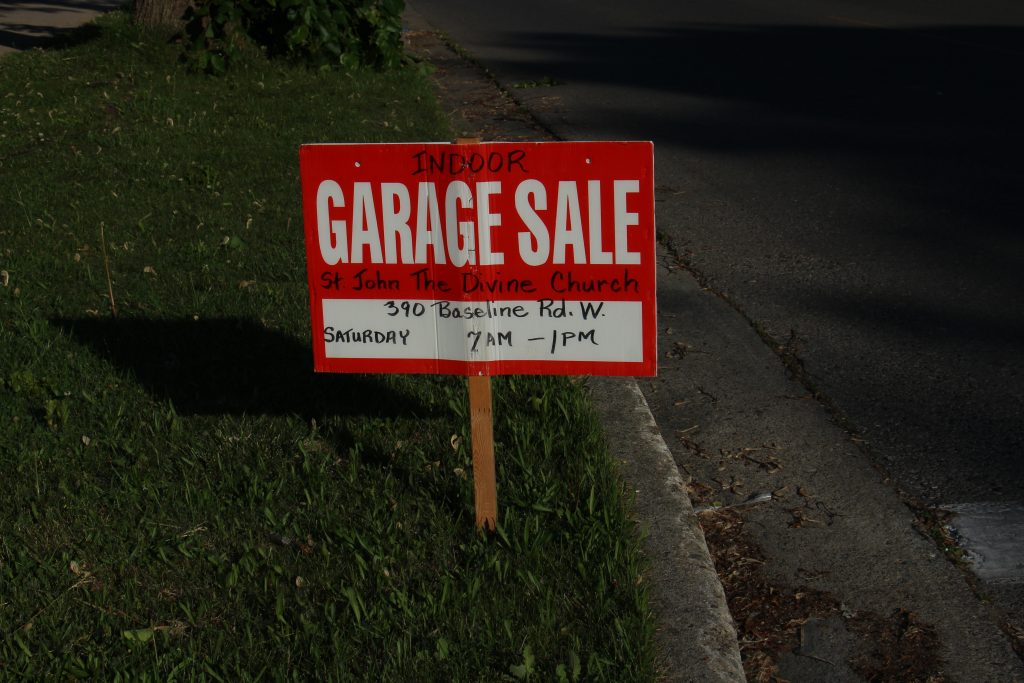 If the trial court does not rule in your favor, you might find yourself considering filing an appeal. However, just like filing an initial lawsuit, there are strict time limits for filing an appeal. If you do not comply with these time limits, the appellate court will be unable to consider the merits of your appeal, and you will be stuck with the trial court’s ruling.
If the trial court does not rule in your favor, you might find yourself considering filing an appeal. However, just like filing an initial lawsuit, there are strict time limits for filing an appeal. If you do not comply with these time limits, the appellate court will be unable to consider the merits of your appeal, and you will be stuck with the trial court’s ruling.
Aimee Lasseigne filed a lawsuit against Eastern Jefferson General Hospital and two doctors for damages that resulted from a spinal tap and related medical treatment she received at the hospital. The hospital and doctors filed exceptions of prescription, arguing Lasseigne did not file her request for a medical review panel until over a year from when the alleged medical malpractice occurred. The trial court granted the hospital and doctor’s exceptions of prescriptions and dismissed Lasseigne’s lawsuit on January 29, 2018. That same day, the clerk mailed a notice of the judgment’s signing to all the parties’ attorneys.
On April 16, 2018, the trial court issued its written reasons for judgment. Lasseigne filed her appeal on May 11, 2018, seeking review of the trial court’s January 29, 2018, judgment, with the reasons issued on April 16, 2018. The hospital and doctors filed a motion to dismiss, claiming Lasseigne’s appeal was untimely.
 Louisiana Personal Injury Lawyer Blog
Louisiana Personal Injury Lawyer Blog


 If you and your family members are injured in an apartment fire, you might think you would be able to recover for your injuries from the apartment owners. However, the law may only allow you to recover for your damages with sufficient evidence to support your claim.
If you and your family members are injured in an apartment fire, you might think you would be able to recover for your injuries from the apartment owners. However, the law may only allow you to recover for your damages with sufficient evidence to support your claim.  Depending on the outcome of a trial, when the jury renders its verdict, you might be excited or sad. No matter how you feel, you must review the trial court’s judgment to ensure it is sufficiently precise and definite to meet the requirements for a final judgment.
Depending on the outcome of a trial, when the jury renders its verdict, you might be excited or sad. No matter how you feel, you must review the trial court’s judgment to ensure it is sufficiently precise and definite to meet the requirements for a final judgment.  If you slip and fall at a car dealership because of wet floors, you might think you have a slam dunk case. However, if the condition that caused your fall might be considered open and obvious, you could face an uphill battle.
If you slip and fall at a car dealership because of wet floors, you might think you have a slam dunk case. However, if the condition that caused your fall might be considered open and obvious, you could face an uphill battle.  What are the consequences of lying in a workers’ compensation claim? They can be harsh, as shown in the following lawsuit. Betty Reeder, a Certified Nursing Assistant (CNA) at Hardtner Medical Center, found herself embroiled in a legal battle after suffering an injury on the job. This article examines the details of the lawsuit, delves into the relevant Louisiana workers’ compensation law, and analyses the Appeals Court decision that shaped the outcome.
What are the consequences of lying in a workers’ compensation claim? They can be harsh, as shown in the following lawsuit. Betty Reeder, a Certified Nursing Assistant (CNA) at Hardtner Medical Center, found herself embroiled in a legal battle after suffering an injury on the job. This article examines the details of the lawsuit, delves into the relevant Louisiana workers’ compensation law, and analyses the Appeals Court decision that shaped the outcome. In the world of litigation, there are often cases that raise questions about who should be held responsible for damages caused by certain events. Take the recent case of Christopher Blanchard, who claimed damages after his police car was hit by a stolen car. The trial court granted summary judgment in favor of the defendants, GoAuto Insurance Company and its insured, Demetrius J. Hicks, dismissing Blanchard’s claim for damages. The court ruled that Hicks, the vehicle’s owner, was not liable for the damages caused by an unknown thief who stole his truck and crashed it into Blanchard’s police car. To better understand how this came about, let us examine the facts and legal arguments of the case and explore the court’s reasoning for upholding the verdict.
In the world of litigation, there are often cases that raise questions about who should be held responsible for damages caused by certain events. Take the recent case of Christopher Blanchard, who claimed damages after his police car was hit by a stolen car. The trial court granted summary judgment in favor of the defendants, GoAuto Insurance Company and its insured, Demetrius J. Hicks, dismissing Blanchard’s claim for damages. The court ruled that Hicks, the vehicle’s owner, was not liable for the damages caused by an unknown thief who stole his truck and crashed it into Blanchard’s police car. To better understand how this came about, let us examine the facts and legal arguments of the case and explore the court’s reasoning for upholding the verdict. Licensed and professional commercial truck drivers usually carry heavy materials on their journey. Keeping these materials secured for any type of roadway issue is paramount. But what happens when these large trucks roll over and you think the weight shift was due to faulty or improper packaging? The Fifth Circuit Court of Appeals addresses the question as to whether there is enough evidence to bring a claim for a packaging malfunction that leaves you injured.
Licensed and professional commercial truck drivers usually carry heavy materials on their journey. Keeping these materials secured for any type of roadway issue is paramount. But what happens when these large trucks roll over and you think the weight shift was due to faulty or improper packaging? The Fifth Circuit Court of Appeals addresses the question as to whether there is enough evidence to bring a claim for a packaging malfunction that leaves you injured. What happens when a final judgment from a court lacks precise language as to the damages you should be awarded? The First Circuit Court of Appeals answers this question and explains the importance of precision and certainty in all civil case language.
What happens when a final judgment from a court lacks precise language as to the damages you should be awarded? The First Circuit Court of Appeals answers this question and explains the importance of precision and certainty in all civil case language. Horse races represent a lot of things: money, power, competition. The outcomes of races matter a lot to those involved, and debates about those races can be pretty contentious, even getting to court. When a back-and-forth about the rightful winner of a horse race makes it to the Second Circuit Court of Appeals, how does the court deal with this unique and specific area of law?
Horse races represent a lot of things: money, power, competition. The outcomes of races matter a lot to those involved, and debates about those races can be pretty contentious, even getting to court. When a back-and-forth about the rightful winner of a horse race makes it to the Second Circuit Court of Appeals, how does the court deal with this unique and specific area of law? The discovery process of litigation is vital to a well-informed judgment rendered by the court. But discovery can be halted, disrupted, or dismantled by various motions. Finding and gathering all the necessary information in a lawsuit is incredibly important for all sides. Still, it requires showing a need for that information and the presence of facts in dispute. Identifying and presenting disputed facts of a case is necessary to help protect your case from a summary judgment dismissal.
The discovery process of litigation is vital to a well-informed judgment rendered by the court. But discovery can be halted, disrupted, or dismantled by various motions. Finding and gathering all the necessary information in a lawsuit is incredibly important for all sides. Still, it requires showing a need for that information and the presence of facts in dispute. Identifying and presenting disputed facts of a case is necessary to help protect your case from a summary judgment dismissal.